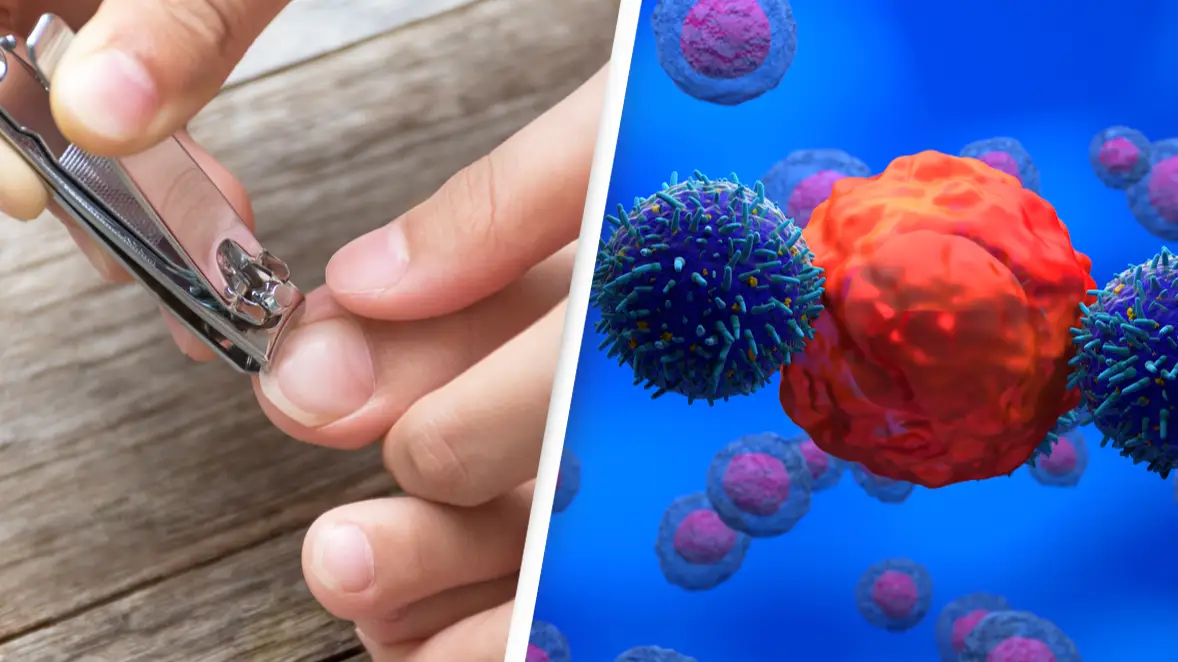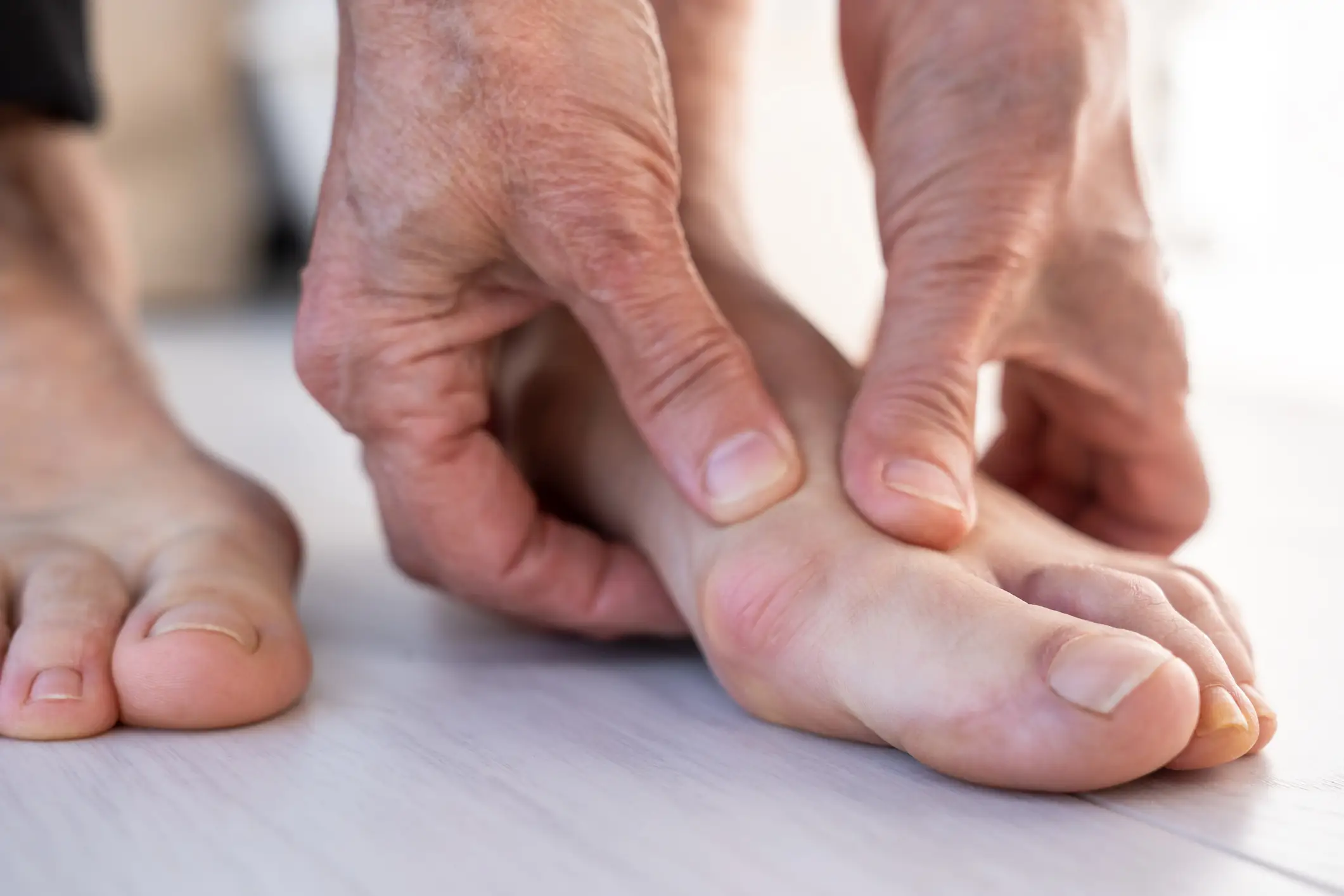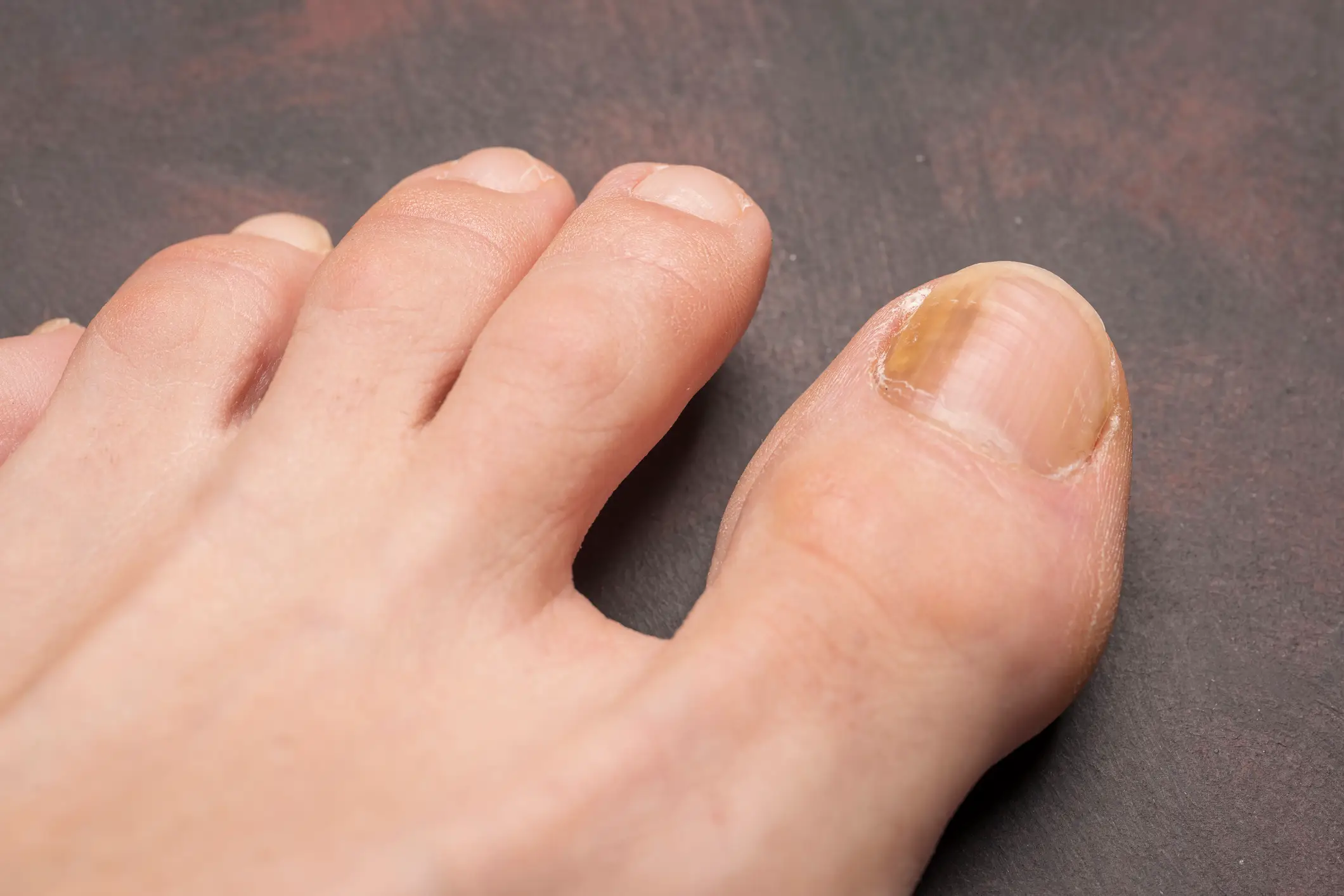
Doctors have shared the little-known signs you can look out for on your toe and fingernails which may be an indicator of a type of cancer.
If you spot something unusual - but relatively non-alarming - going on with your body, it's easy to dismiss it and assume it will be fine again in a few days. However, even the smallest of changes can be worth keeping an eye on, right down to changes in your toenails.
Symptoms like irregular moles are commonly associated with skin cancer, so it's easy to understand why people might forget to check their nails for any strange signs too. After all, they're not technically 'skin'.
But that doesn't mean they should be overlooked.
Advert

Where can melanomas form?
A melanoma is a type of skin cancer that can spread to other parts of the body, and they most commonly appear in areas that are often exposed to the sun.
However, it's not only your skin that's at risk, as the American Academy of Dermatology Association (AADA) notes that, 'although rare', skin cancer can develop under and around the fingernails and toenails.
Known as subungual melanoma, or nail melanoma, this type of melanoma isn't linked to sun exposure. It's most likely to develop in the big toe, thumb or index finger, and is described as 'serious' by the Cleveland Clinic.
Anyone can get subungual melanoma, though people between 50 and 70 years old have a higher risk of developing the type of cancer. It’s also more common in people of African-American, Asian or Hispanic descent.

What are the signs of nail melanoma?
There are a number of indicators of nail melanoma that you can look out for, with dermatologists cited by the AADA listing five specific signs.
- A dark, black or brown streak in the nail. This is often visible on the thumb or big toe of your dominant hand or foot, though it can show up on any nail.
- Dark skin next to or around your nail
- Nail lifting from your fingers or toes as your nail starts to separate from the nail bed
- Nail splitting down the center
- A bump or nodule on nail, as well as possibly a band of color which could be wide and irregular or dark and narrow
Doctors have recommended that you visit a dermatologist if you notice any changes to your nails, including a new dark band on your nail.
If you’ve been affected by any of these issues and want to speak to someone in confidence, contact the American Cancer Society on 1-800-227-2345 or via their live chat feature, available 24/7 every day of the year.